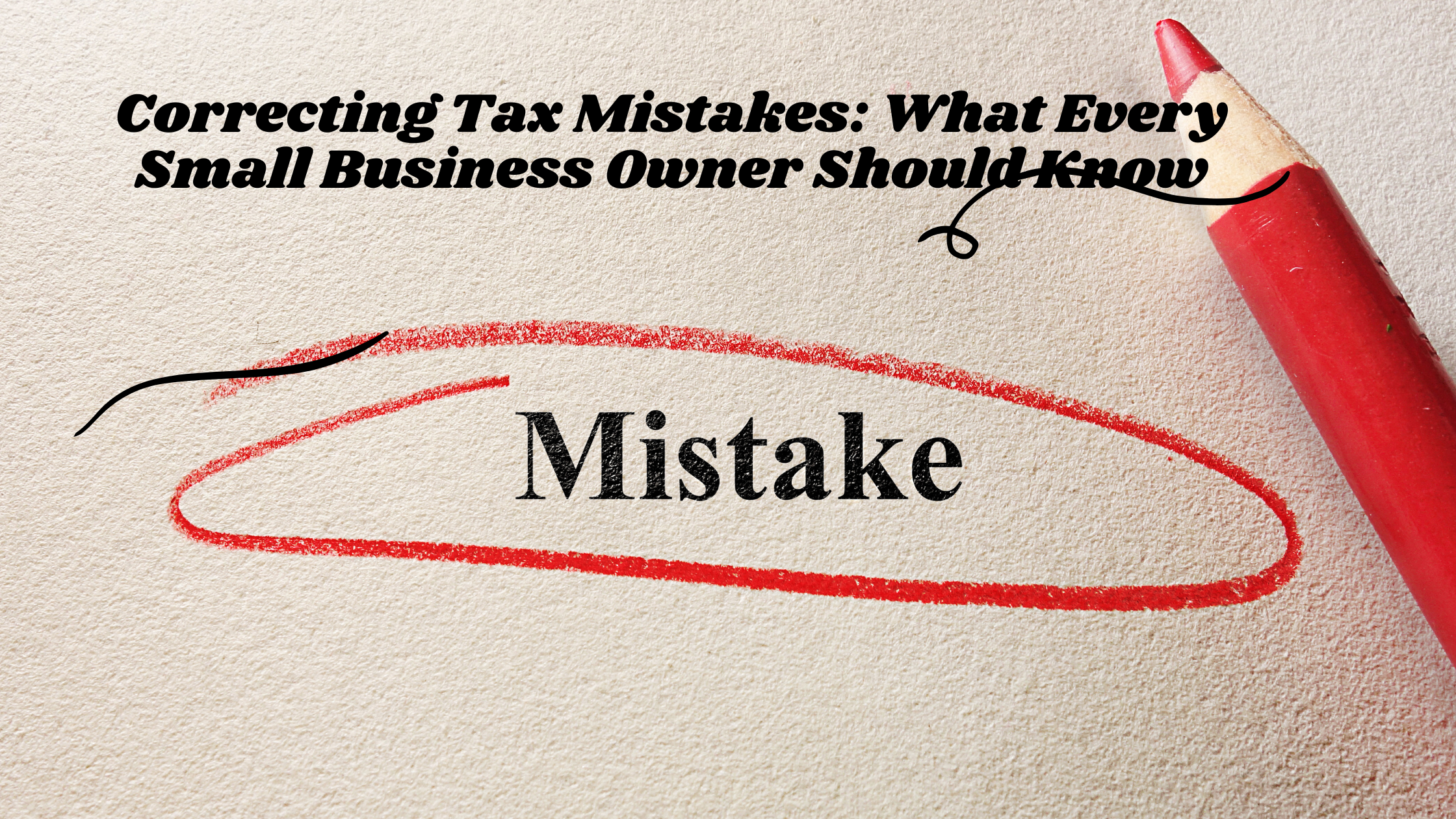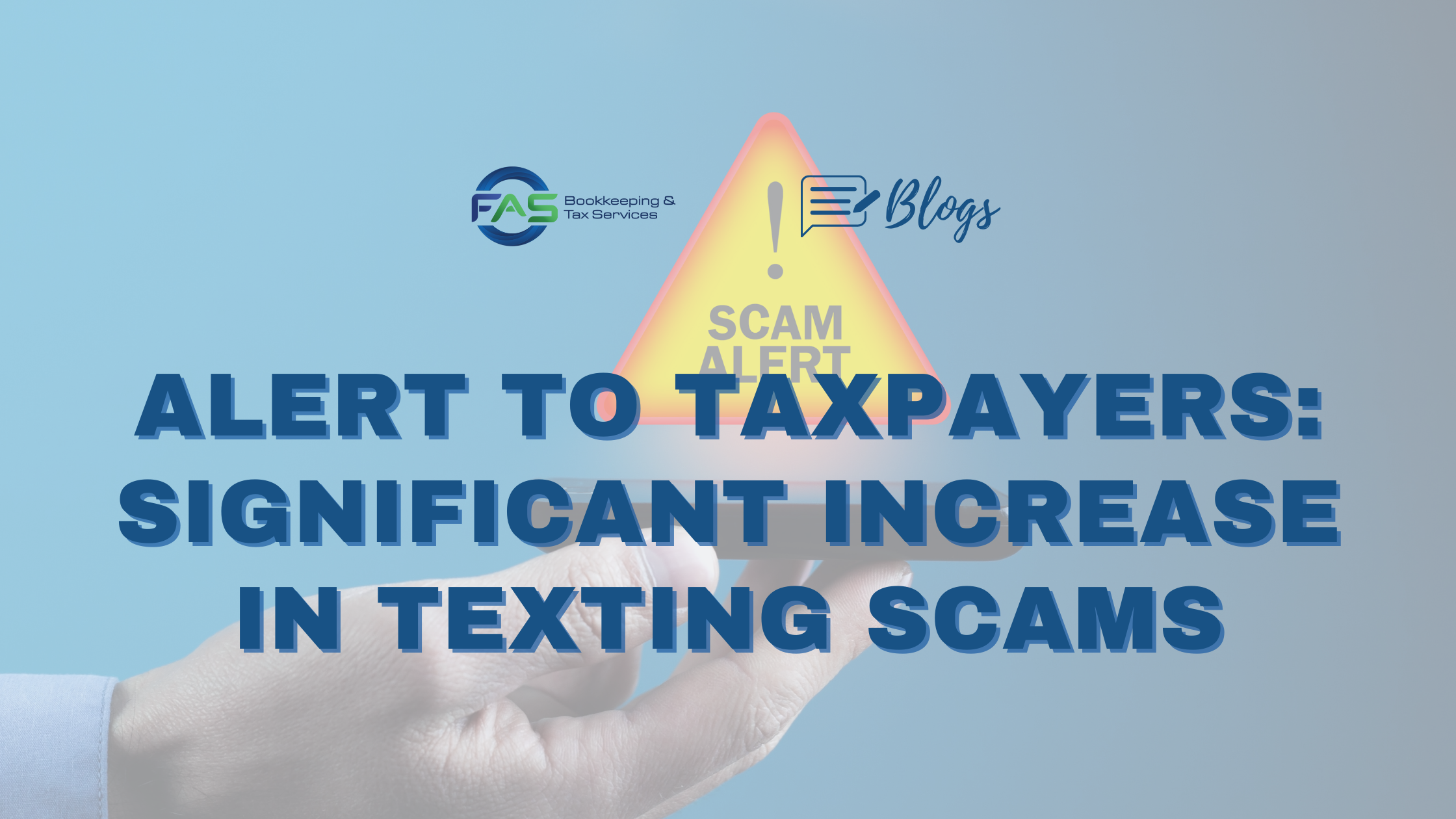Alert to Taxpayers: Significant Increase in Texting Scams
To date, the IRS has discovered and reported tens of thousands of bogus URLs linked to numerous texting scams that target taxpayers. The IRS wants to urge taxpayers to be on the alert for this significant increase in texting scams and schemes that could compromise important tax data, particularly the most recent texting scams with an IRS theme that target people’s personal and financial data.
Texting scams fraud techniques:
Campaigns aimed at mobile phone users frequently utilize bogus messages known as “lures” that appear to be coming from the IRS. These fraudulent texts frequently offer tax credits, COVID relief, or assistance with creating an IRS online account. Scammers are asking taxpayers to visit a link or contact a phone number in the most recent instance of smishing so that they can steal their financial and personal information.
The IRS does not send emails or text messages to taxpayers requesting personal, financial, or account information.
How to report texting scams involving the IRS:
To handle complaints about internet hoaxes involving the IRS, the Treasury, and taxes, the IRS maintains phishing@irs.gov. These IRS-related frauds should be reported by their victims to the IRS via email at phishing@irs.gov.
Text scams can be reported to the relevant security professionals so they can be tracked down and stopped. Taxpayers shouldn’t use this email address to report smishing affecting other organizations or businesses.
Take the following actions to record and disclose the specifics of any IRS-related smishing texts you may have received:
1. A fresh email should be sent to phishing@irs.gov.
2. Copy the email address or caller ID number.
3. In the email, paste the phone number or email address.
4. Select “copy” by pressing and holding the SMS or text message.
5. Copy the message and paste it into the email; if necessary, send screenshots.
6. Include as much specific information as you can, such as the time zone, date, and phone number that received the message.
7. Emails should be sent to phishing@irs.gov.
Additionally, recipients can copy and forward fraudulent SMS/text communications to telecom service providers by texting the number 7726. (SPAM). In the future, this aids the provider in identifying and blocking similar messages.
Finally, anyone who experiences a scamming occurrence, whether it is successful or unsuccessful, should also report it to the Internet Crime Complaint Center





